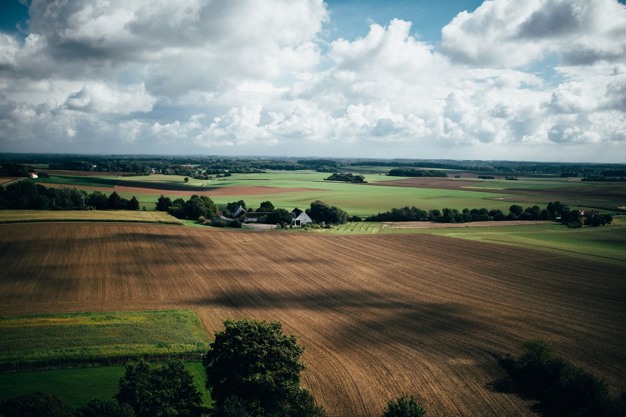There is unrest in the Belgian potato sector due to a sharp drop in the free market price of Belgian potatoes. However, Jan Van Luchene of Bruwier Potatoes has no reason to panic. "In January, I was more surprised by the rapid price increase, which I hadn't expected. Unlike last season, there was no frantic or desperate search for potatoes this year. Prices of 30 euros per 100 kilos seemed quite extraordinary in January, given the harvest in Western Europe. What we're seeing now is perhaps a correction of what happened two months ago. At the moment, the market feels more stable again. Demand isn't high, but neither is supply," the trader explains.
So, will the lower prices persist for a while? "Everything is still open. Looking at the short term, we still have four months left in the season, and free potatoes are still available. However, we're already seeing some dry conditions in certain regions of Belgium. If that continues into next month, perspectives could shift entirely again. So, in my view, nothing is settled yet."

"Industry demand is a bit lower, as sales among chip producers are somewhat sluggish and inventories of finished products are growing," Jan continued. "Competition in the global French fries market is significantly greater than it was five years ago. In 2022, French fry prices surged due to rising costs of energy, oil, and packaging. Since then, French fries have continued to be sold at those high prices, and processors have made huge profits, as evidenced by well-known annual figures. Of course, such prosperity doesn't last forever—this applies to any industry."
"Those kinds of figures attract new players to the industry, which leads to more production, greater supply, and inevitably, lower prices. Europe and North America—once dominant five years ago—are now competing in certain regions with China, Turkey, Argentina, and Egypt. Percentage-wise, the contribution of these countries is still small on a global scale, but I believe the time when Europe could do it all alone is over. That shift won't happen next year just yet, but it's on the horizon. The fact that some Western European processors are considering expanding into other parts of the world is part of that trend. I think the chip sector will need to find a new balance because this global competition is here to stay."
"Chip consumption will continue to rise worldwide, no doubt about that. But global processing capacity should not outpace the growth in fries consumption. When I look at the kind of expansion planned for the coming years in Western Europe alone... Overproduction of French fries is something the sector really wants to avoid."
And what about next year? "There's an acreage expansion planned for next season, and if the harvest is good, it might be hard to achieve good prices. The unilateral adjustment or cancellation of contract proposals and agreements has already caused concern—even before the seed potatoes were delivered. Let's not be too quick to stress, though, because if the acreage expands by 12 percent but yields drop by 15 percent, you still end up with fewer potatoes. Then you might face a situation where there are very few free potatoes on the market, as we've seen over the past two seasons. In short, nothing has been decided yet."
For more information:
Jan Van Luchene
Bruwier Potatoes
Galgestraat 1A
B-8790 Waregem, Belgium
Tel: +32 56 61 33 33
info@bruwier.be
www.bruwier.be
